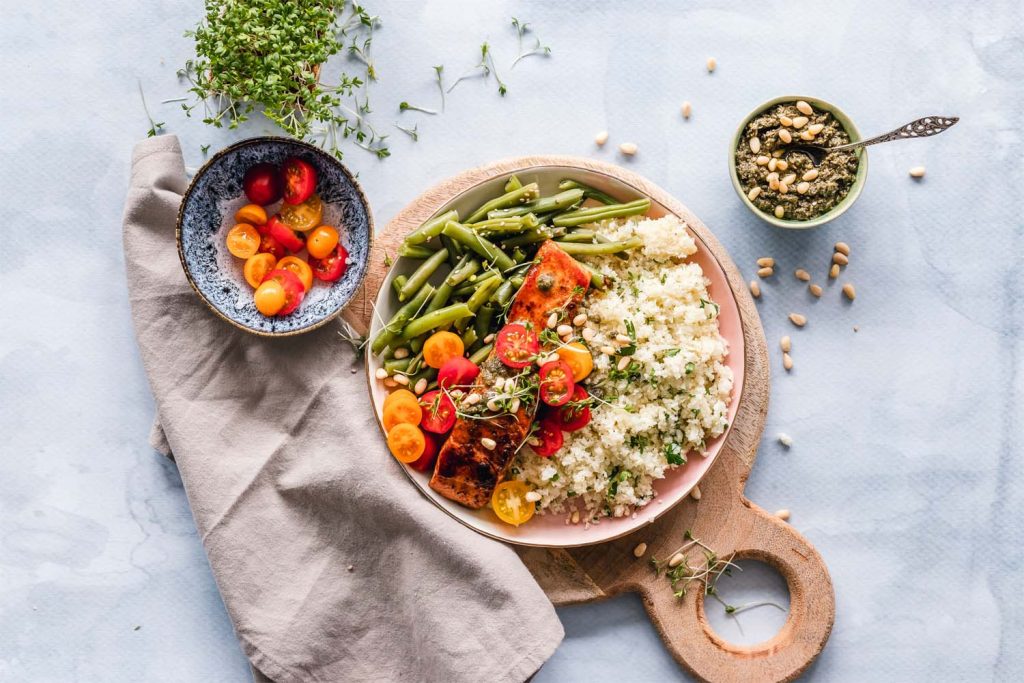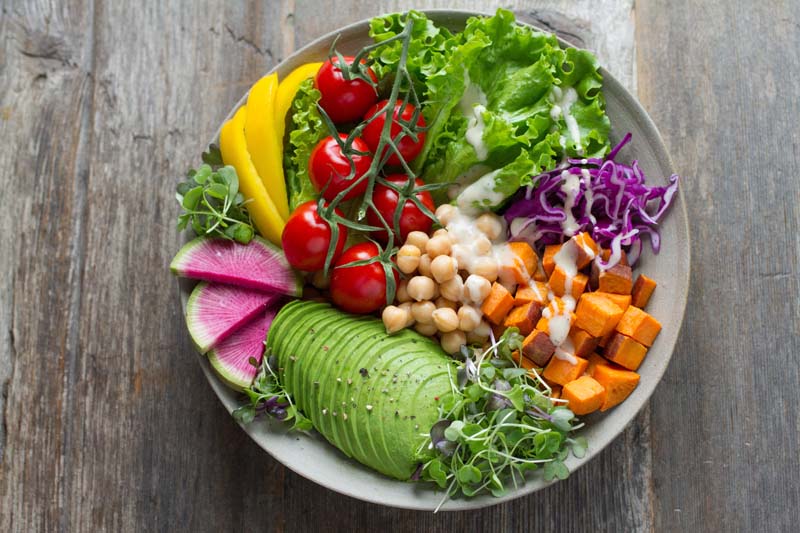
Top tips for a healthy diet
Avoid Sugar Spikes
Sugar spikes, such as those advocated by the National Health in cases of weight loss, overtax the body and lead to inflammation of the gut and hence to a damaged immune system. It’s like over-working any part of the body, for example as in repetitive wrist strain. Overuse causes inflammation which is an immune response and while a healthy immune system can deal with specific challenges, chronic inflammation generated by routine overuse weakens the system.
Over-eating or eating foods with a high-glycaemic (blood sugar) load causes chronic gut inflammation. Even too much fruit can be harmful because of the sucrose contained in it. You can find a list on the internet of the proportions of sucrose in various fruits. Diabetes.co.uk has this short article as an example.
Xylitol is an acceptable substitute for sugar (except for fermenting yeast) because you get the sweetening without the high-glycaemic inflammatory effect. It is also recommended by dentists as it doesn’t attack tooth enamel. I have eliminated refined sugar and foods and drinks containing it from my diet.
Too much of any one particular food is not good for you
A diet should be balanced and varied. Where vegetables and fruit are concerned the advice often given is to eat a rainbow diet.

Food should be organic, wherever possible, to minimise ingestion of carcinogenic and otherwise harmful fertilisers, pesticides and other chemicals. Eat plenty of vegetables – as well as vitamins and other nutrients, they contain fibre, essential for a healthy gut.
Avoid Hydrogenated and ‘trans-‘(partially hydrogenated) fats
These fats are man-made variants on some naturally occurring fats, for example margarine and many processed vegetable oils. The molecular variation makes them difficult to digest or excrete, triggering inflammation and contributing significantly to an increased risk of cardiovascular disease and possibly also cancer. These fats are used in many processed foods. Cold obtained olive oil or butter are the best fats for cooking.
Limit dairy foods
Milk is a food designed for baby animals, and after weaning should be used as little as possible, but substitutes can be found. Obvious alternatives are soya, almond and other plant-based milks, but you can also have non-concentrated fruit juice without added sugar on cereals, or even plain water! I use diluted pomegranate juice. Learn more about why dairy should be limited.
Instead of black tea with milk, try green or herbal teas. These contain anti-oxidants which reduce potential for gut inflammation.
Sources of Anti-oxidants
Small amounts of anti-oxidant-bearing red wine, dark chocolate (with a minimum of 75% cocoa) and certain other items such as venison are good. Otherwise avoid red meat and chicken (inflammatory potential similar to hydrogenated fats).



‘Thank you so much for sending this article to me – I have just read it a second time and looked up more of the references which are all very useful. You must have done an immense amount of work to get it all together. I don’t have any chemistry in my background and have just been reading the article on Cholesterol published in 2019 on line; I did get to the end but need to look up some terminology.
I liked the way you had presented the information – it is all so clear and easy to follow the many, useful links. I shall try and get the booklet on cholesterol which you mention. I loved the illustrations too.’
~ Katherine